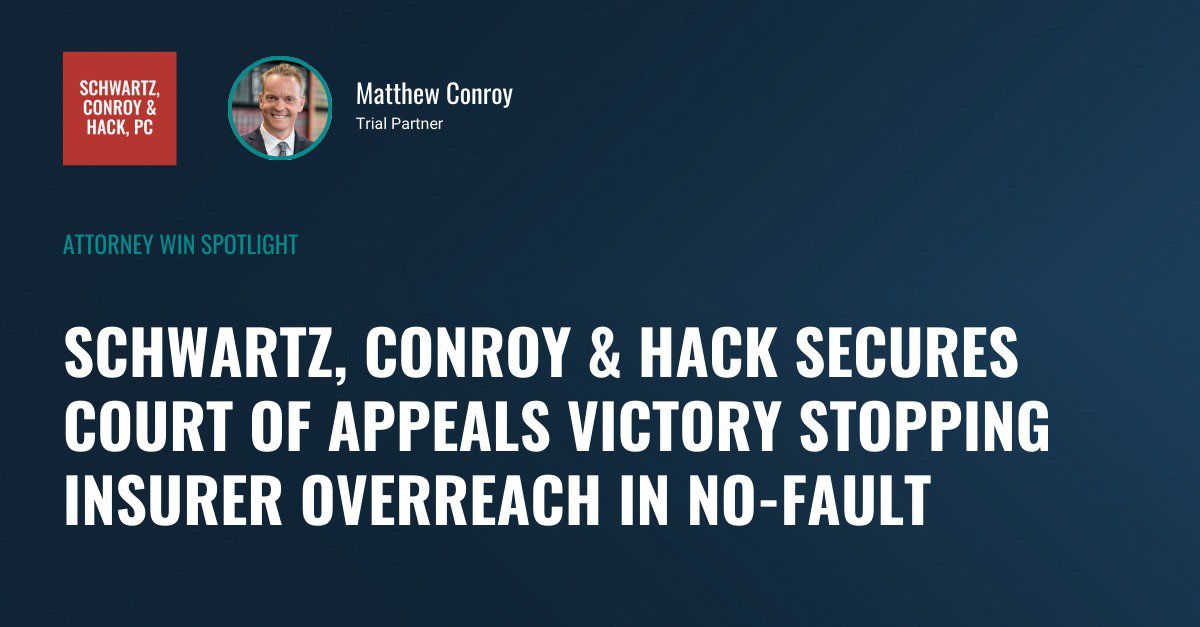{3:40 minutes to read} In my last blog, I spoke about what bad faith is generally. In this blog, I discuss a few preliminary considerations when you are wondering if your insurance company has treated you in bad faith and whether you can do something about it.
Is the insurance policy governed by federal law or state law?
•Federal – Group policies obtained through your employer are ordinarily governed by a federal law, known as the Employee Retirement Income Security Act (ERISA). Policies governed by ERISA cannot have a bad faith claim under any circumstances.
•State – If you don’t have an ERISA-governed claim, your attorney can research which state law, if any, may apply to your claim. Bad faith laws vary substantially from state to state. New York, for example, doesn’t have bad faith laws, while California has strong bad faith laws. If you’re on the Atlantic Coast, you’re often out of luck; if you’re on the Pacific Coast, you’re often in good shape, but every state has its own laws on bad faith so don’t assume anything without consulting with a qualified lawyer.
If you have determined that state law applies, rather than ERISA, and your bad faith claim can proceed, the next step is determining which state’s law applies to your case. Living in one state doesn’t necessarily mean that state’s law will apply to your case.
Some states look to:
•where the contract is being performed;
•where you live now;
•where the contract was made; or
•where you live when the insurance company denies or terminates your benefits.
State-Specific Bad Faith Remedies
Just as each state’s laws are different, so are the bad faith remedies. Some states have punitive damages in addition to the benefits you may be entitled to. Some states allow for the recovery of your attorney’s fees. Some states allow for mental or emotional damage or distress. And some states allow for what they call consequential damages—damages as the result of the breach of contract entered into between you and your insurance company (e.g., incurred debts, defaulted mortgage).
Lump-Sum Acceleration of Long-Term Benefits
One of the important remedies lawyers look for when evaluating a long-term disability bad faith claim is whether your monthly benefits could be accelerated into the future and awarded to you as damages in one lump sum. If your policy pays monthly benefits for the next 15 years, some states will award you all 15 years of those benefits immediately, as opposed to only looking at the damages owed by the insurance company from the time of their breach of your contract until trial.
These are the preliminary parts of analysis that need to be performed by an attorney to determine whether or not you may have a valid bad faith claim against your insurance company. We’re here to help. Contact Schwartz Law today at 516.745.1122 if you feel your insurance company has engaged in bad faith.
Evan S. Schwartz
Founder of Schwartz, Conroy & Hack
833-824-5350
[email protected]


